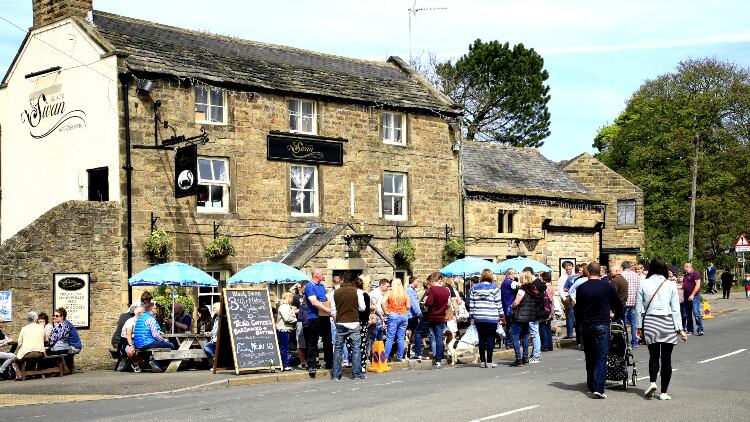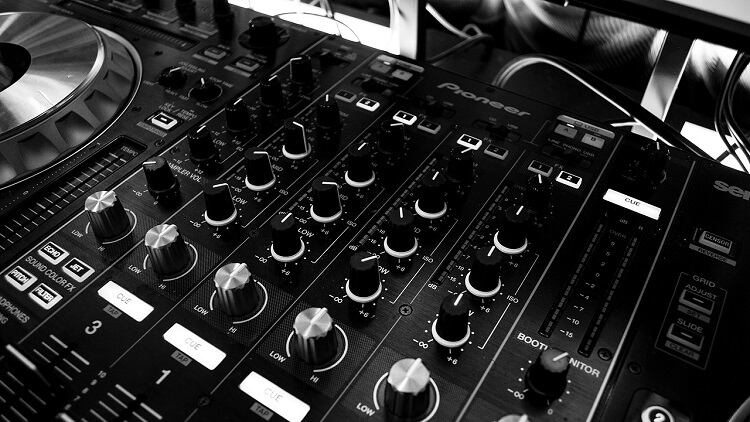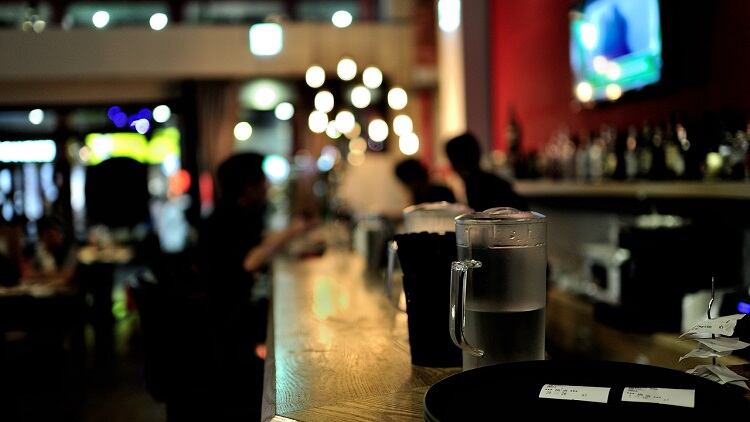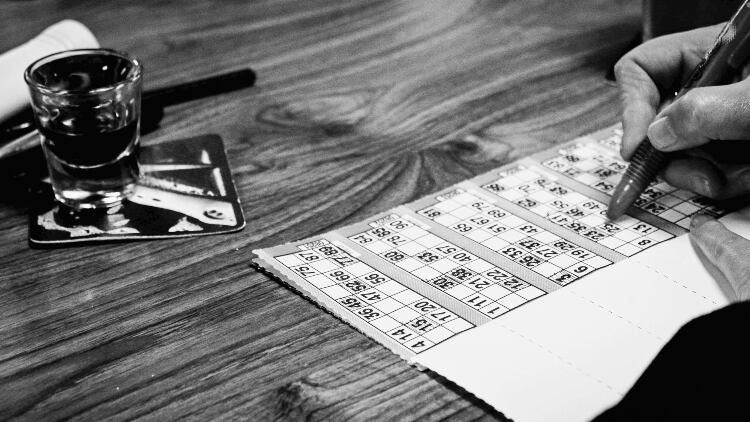We often see articles in the trade press in support of the great British pub, no more so than The Morning Advertiser itself, of course, but I have been encouraged by the coverage in the mainstream press of late as well. There seems to be a recognition by the silent majority that the institution of the British pub brings great benefits to the community it serves.
Assessing this, however, can often be difficult. As no lesser brain than Albert Einstein himself is reputed to have said, “Not everything that counts can be counted; not everything that can be counted counts”. This put me in mind of the way that these benefits – societal, economic, even historical – factor in the alcohol licensing process.
The argument that there should be a fifth licensing objective along the lines of the degree to which licensed premises add cultural and societal benefits was dismissed by the House of Lords Select Committee, and clearly the four existing licensing objectives make no mention of how pubs can address issues of loneliness, provide part or fulltime employment or indeed training opportunities for a great future career.
It does not mean, however, that these factors are irrelevant in the licensing process. Case law clearly states that licensing is more than simply preventing crime and disorder or public nuisance; that licensing decisions often “involve weighing a variety of competing considerations: the demand for licensed establishments, the economic benefit to the proprietor and to the locality by drawing in visitors and stimulating demand, the effect on law and order, the impact on the lives of those who live and work in the vicinity, and so on”. (Lord Justice Toulson in the case of Hope v Glory [2011]). I see this day in, day out in licensing hearings – the ‘judges’ are local councillors, i.e. politicians, who, whether or not you like their politics, are generally ‘people people’. They ‘get’ these wider benefits.
There are many ways to persuade licensing sub-committees to grant extended hours or – heaven forbid – not to reduce them. They all have to start with the fact that a premises is well-run and promotes the four licensing objectives. But licensees should not feel bound by the strict definitions of crime, nuisance, safety and protecting children – the wider benefits of the pub in the community are a valid, and often very persuasive, element in the licensing process.
For any legal enquiries please visit Poppleston Allen's website.




